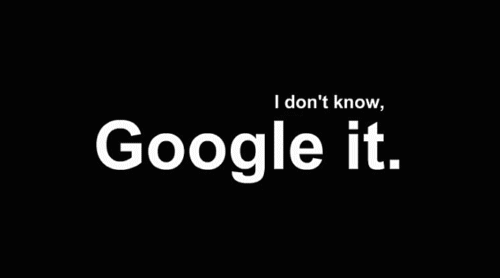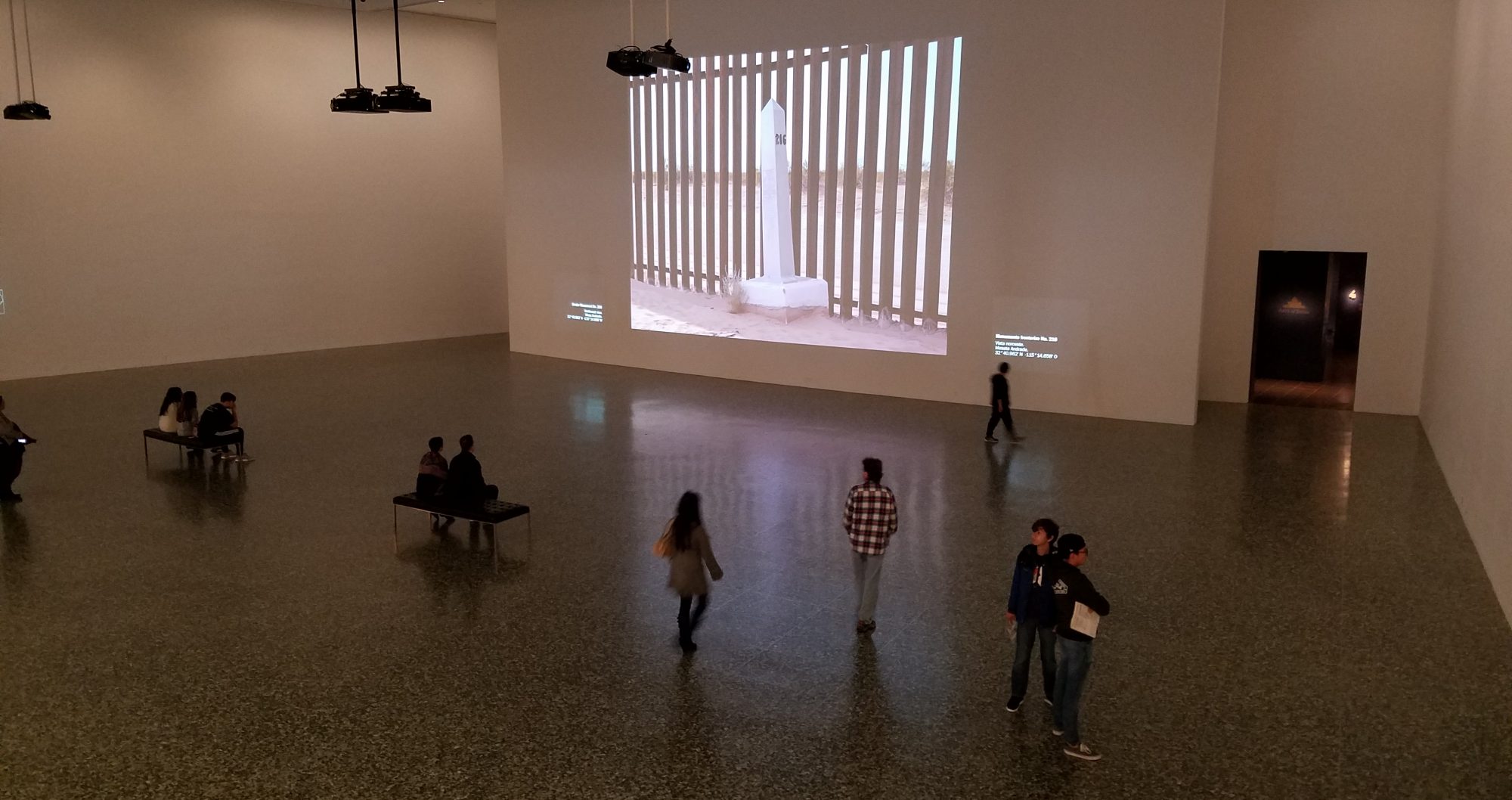(blog originally posted on August 9, 2017 on rmontelo.com)
Recently, one of my students in my online History of Higher Education summer course presented a short summary of her final campus history project to her classmates and myself during a videoconferencing meeting at the end of the session. The student presented her topic on the Tougaloo Nine. This historic moment at this college was an event that was not part of my higher education knowledge. In short, the Tougaloo Nine were a group of African American students who attended Tougaloo College in Jackson, Mississippi in 1961. Denied access to the city public library to complete class assignments due to segregation, the students decided to hold a “read in” at the library as a protest of the segregationist policy in place at that location. Hearing my student’s presentation fascinated me since I was actually becoming the learner, becoming aware of an important part of higher education history (in my opinion).
After hearing the presentation, I immediately texted my close faculty colleague in my program to ask him if he ever heard of the Tougoloo Nine. I asked him since we both share a passion for knowledge on student activism and social justice actions in higher education. As soon as I sent the text, he immediately responded that he didn’t know and that he wanted to learn more. In the same time as he was typing his response, I shared with him my excitement in learning about this very interesting history event. As soon as he read my second response, he asked to send him more information. I could sense his deep interest when he typed “please fill me in!” I read the text message and when I came upon his request to fill him in on additional knowledge, my response was almost immediate.
In a quick moment, I typed the message, “Google it.”

(gif from http://smartserp.com/blog/what-are-the-major-search-engines-other-than-google/)
Today, in our vast world of information technology and quick access to zillions of pieces of data and facts, we have privilege of accessing this information in effortless and fast means. It just takes a few moments in a search bar to open the door to this vast land of knowledge. Often when I’m researching on a topic, I reflect on how I did the practice of finding information when I was a college student. I recall going first into the library to seek out which drawer to use to find my materials in the *card catalog*. I recall if I really wanted to be “cutting edge”, I would sign my name on the list of other students to use the ERIC database on one of two computers connected to a dot-matrix printer that would provide the results of your searches in many folders of perforated printing paper (I would love to rip off the holed-strands of paper on the edge of the sheets!). I recall if I didn’t get good results from my searches to remind myself that there were always the many sets of encyclopedias sitting on the shelves waiting to be used as a last resort.
My, how times have changed since then….or has it?
Going back to my colleagues request to learn about the Tougaloo Nine, I knew I had the information he was seeking. I was the one who heard the information from my student right then and there, right? I was the one who initiate the question of “did you know?” So, why did I tell him to “Google it?” Honestly, my response in my opinion wasv – excuse my language – a bit of an asshole-ish response.
Why? I felt that I was not only being a good colleague and friend by not helping him more, but also not a good teacher. I had knowledge. The knowledge excited me. In turn, I wanted someone else to know. Once that interest was shown, I left my friend and colleague hanging. I felt like bum.
To make myself feel better, I immediately gave a short written summary of the presentation and did a quick internet search using some of the reference information provided by my student and sent him via email a website where he could find more information. I hoped that this would satisfy his curiosity and I would feel good that I gave him new knowledge. As I reflected on this situation, which truth be known only lasted maybe ten minutes or so, I started to think about how my current role as a faculty member provides an interesting characteristic.
I am able to start the chain of information gathering and learning for individuals. When you think about it, this is a very important role to fulfill. As I write this, I am currently attending the Digital Pedagogy Institute (http://www.digitalpedagogylab.com/institute/) on the beautiful campus of the University of Mary Washington. So far this week, we have discussed the many definitions of learning, teaching, and instructional delivery. What makes these discussions unique is that they occurred in critical lenses. Among the discussions with my colleagues have been how to we create communities and networks within the learning spaces we are asked to fill and direct. As an online instructor, the task is extremely challenging since first, one must first debunk the myths one can have when you mention the words “online learning”. Second, some students may not want to seek out community within an online classroom. They might just want to be told what is needed to complete the course and that is it. In any case, my role as a professor is to work with these challenges to create a learning space where one not only learns new knowledge, but also leaves hopefully with a new perspective in their own worldview.
Throughout the week, I have reflected on these tasks and how we as a society have approached the act of “learning”. In my opinion, we have become a society where we have, in a sense, become more educated in that we now have access to resources that we not available to us ten or fifteen years ago. If you do an internet search on “The Tougaloo Nine”, you will in most cases find several sources at your fingertips in a matter of seconds. We are now able to find knowledge with great ease. In addition, we have our own life experiences. These experiences give us insight on how we should approach situations we encounter in our lives. In the higher education arena, Love (2012) made the case that lived experiences provide what he called “informal theory”. Informal theory served as an important bridge between theory and practice. We are able to adapt formal theories from what we learn and observe in our daily lives. Without sounding too theoretical, I understand his argument to be equal to stating “don’t underestimate what you already know!” We know more than we realize. However, in this age of technological advances, we fail to expose and optimize that knowledge.
“Just Google it.” No offense to the brilliant minds (although some work is currently needed with their mindfulness of diversity) at Google, search engines like those at Google and others have allowed us to become lazy teachers. Instead of sharing the wealth of knowledge possessed from our experiences, we instead take the easy way out when one seeks to tap into our knowledge. It is easy to just tell our students and friends to “google it” when they need help. Our educated selves are now filled by proxies located in boxes on the top right hand of our computer screens. When we excite another person with our new found knowledge on a topic, instead of telling the person what we have just learned, we often go with the easy response of saying, “google it!”
I find it a bit humorous that even knowledge that we know about our cities and communities are sometimes responded by a quick “google it” statement. If a friend asks me about any recommendations on great places to eat in Houston, I will sometimes find myself telling them to consider a general area of the city and to then “google it”, even though I know a few places. I guess I could be seen as the local expert of my current city, but instead, I trust instead the knowledge of an internet search. In doing this act, I transferred my role as a trusted knowledge source to another entity that doesn’t know the personal needs of the person seeking my advice. I removed myself from the learning process and in a sense, the relationship I have with the person asking for my help.
I titled this entry “De-‘Google it‘”. This isn’t a manifesto arguing against the presence of the internet and to wish its demise. I value what the internet has given society. There is much to demise from the internet but one cannot argue how valuable it has become in education today. If the internet should suddenly disappear, we would still be okay as a society. I am certain that a degree of inconvenience will occur, but I would politely say “Welcome back to the 80s”. However, we can do better. By “de-googling”, I am making the argument to share what you know readily. Start the process of unearthing the knowledge that you possess from your lived experience. You have theories to put into play, as Love (2102) suggested in his article. When someone asks you a question, first try to engage in dialogue with the individual(s) asking a question. What do you know? Make an attempt to talk about what you already know. Learning is an active process and some would argue that if one does not show some level of effort in sharing and obtaining information, effective learning has not occurred. “Google it” avoids this dialogue.
Returning back to my Tougaloo Nine scenario, I have followed up with my colleague and confessed that I felt like – again, excuse the language – “a total dick.” In explaining my response, I felt that I as educators, I didn’t fulfill my role in his learning. In that brief moment, I did feel the impact of what it means to be a teacher. By not doing what good teachers do, I failed at educating. After my confession, I did feel better. We both understood that we would eventually discuss more this piece of higher education history and continue to learn about social justice in higher education. While this hasn’t occurred just yet, I know now that we will do what Google cannot – to listen and hear what we know. Maybe not or maybe so. Hmmm, let me ask Alexa (just kidding!).
Onward.
Reference:
Love, P. (2012). Informal theory: The ignored link in theory-to-practice. Journal of College Student Development, 53(2), 177-191.
